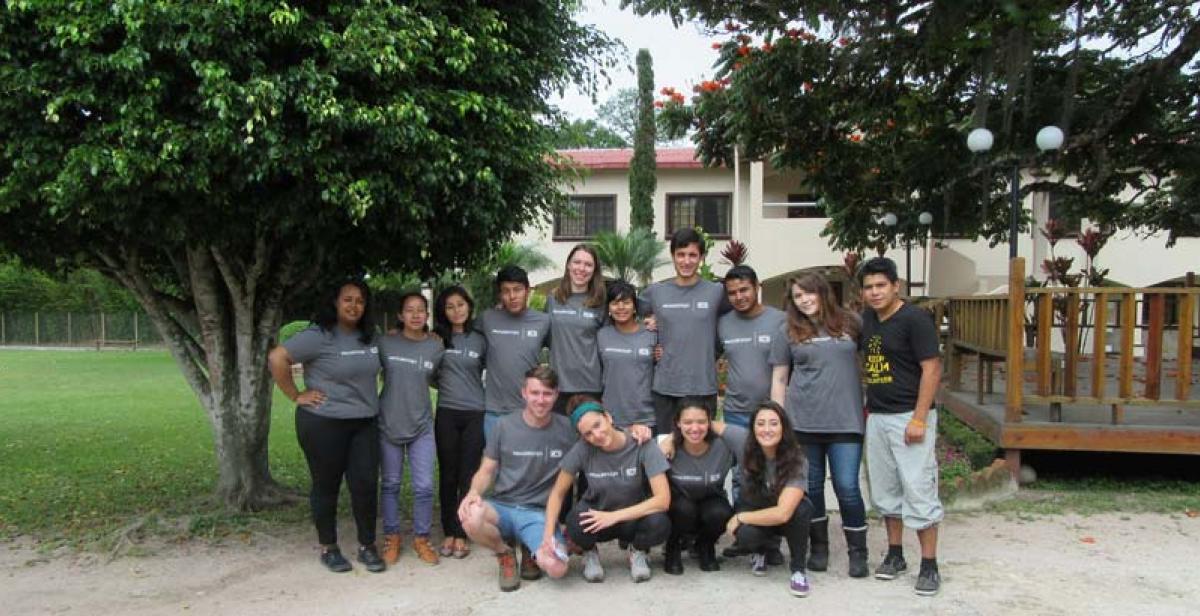I have decided that there are two types of people in this world: those that can learn a language at the click of a finger, and those that stumble, struggle, and mispronounce their way to something that slightly resembles a coherent sentence. I very much fall into the latter category and despite some noticeable advances in my Spanish speaking abilities (thanks mostly to our intense and enlightening daily lessons and some of my Spanish speaking and oh so patient fellow volunteers) I'm still a long way off where I would like to be.
However, in the midst of my verbal mishaps and my so called 'deer-in-headlights' expression, what has been most rewarding and fruitful about my first week in Honduras is the communication and sharing of experiences between the two groups of volunteers, British and Honduran. As part of the preparation for our project with local organisation Libre Expression - aiming to empower the Lenca women of La Esperanza, strengthening their entrepreneurial skills - we had an introduction to the culture, politics, and status of women in Honduras. During this week we were also able to get to know our national volunteers better, sharing music, games, language, interests and hobbies, involving - most notably - dancing.
We were quickly introduced to 'Punta' dancing, the best known traditional dance of Honduras and other parts of Central America. Punta is famous for its indigenous roots and is seen as a connection of more traditional folk music with new, modern sounds, highlighting social interaction and endurance. It was a pleasure to see the enthusiasm of our Honduran volunteers and they definitely appreciated our British and slightly wooden attempts at the dance, which involves a lot of simultaneous hip and foot action! We were also given a performance of the traditional Lenca dancing, giving us all a taste of what to expect in La Esperanza.
It was then no surprise, that on my first night in my host home in La Esperanza that I found myself in a spontaneous, yet full on salsa lesson from my host mother Lourdes' nephew, quickly escalating into a complete demonstration of the Macarena to the applause of friends and extended family. So while speaking the language certainly helps (and does improve with time and practice) it is by no means the only method of communication!
Written by ICS volunteer Rose Geldart



